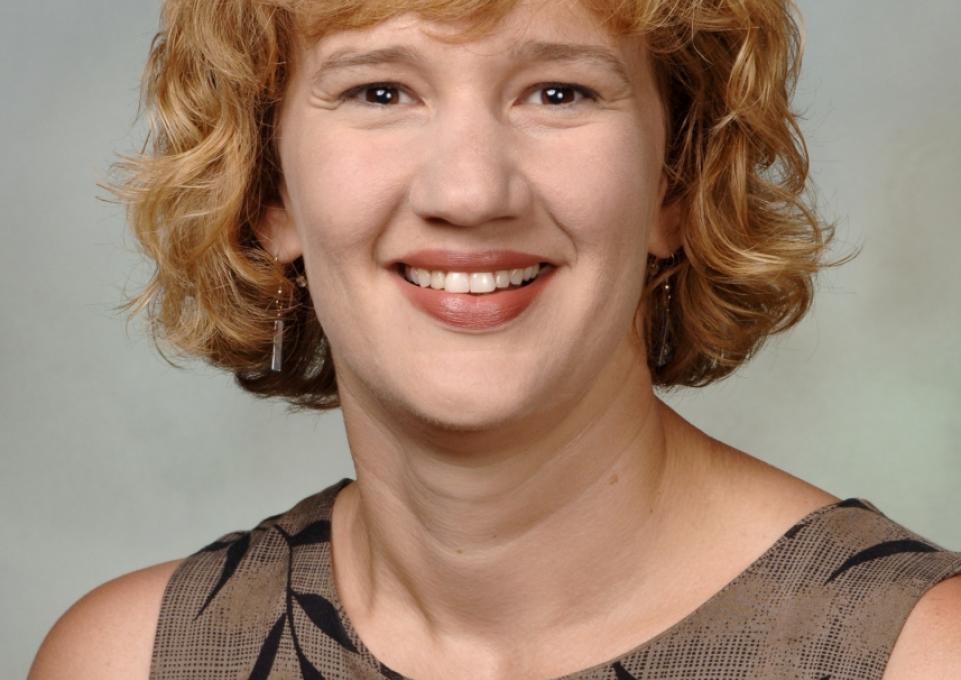
For many parents, the emotional roller coaster that was the 2016 election didn’t end on November 9. Regardless of how they voted, they’re grappling with how to talk with their children about the lasting emotionally charged rhetoric and the hateful speech and behaviors seen across the country.
Pamela Schuetze, professor of psychology, specializing in the development of at-risk infants and children, provides some general tips for handling post-election angst with kids.
For preschoolers, parents can shield them from much of what’s in the news. Children at this age don’t have a perspective to process it, she said. But if they do hear something and ask about it, parents can reinforce the simple lesson of treating one another with kindness.
For school-age children, Schuetze recommended listen closely before stepping in.
“Don’t guess what they are asking,” she said. “They may have concerns for their own personal safety or be worried about someone they know.”
Less is more when it comes to explaining difficult and complex issues with children.
“You don’t want to overburden them with information,” she said. “If they have follow-up questions, you can answer them. Adults tend to want to talk about gray areas—intricacies that children may not be ready or willing to handle.”
Schuetze, who also is a mother of three children between the ages of 9 and 16, noted that the less-than-civilized behavior that occurred during and after the election actually provides parents with a teaching opportunity.
“Think about what your family’s values are and then have a conversation with your children about them saying, ‘This is how we want to treat people.’”
Amid the ugliness, racism, and xenophobia demonstrated on the national news, plenty of people have denounced the hateful behaviors, which often get lost in the negative stories, she said.
Parents need to point out positive reactions to their kids and also be cognizant of their own behavior. They can find creative ways to express their feelings—such as giving to charities favored by their candidate or volunteering for a cause as a family.
For middle and high school-age children, she said parents can put the presidential election into the context of a broader civics lesson.
“Explain that our government is run by many people, and we have a system of checks and balances,” she said.
“We need to remind our children that we live in a country where we’re free to express our opinions, and that’s a positive. That’s what makes our country unique.”
Overall, it’s the job of parents and teachers and caregivers to make sure kids feel safe.
“Regardless of what is happening in the world,” she said, “you reinforce the message that your home or the classroom is a safe place.”
About Pamela Schuetze
After earning a bachelor’s degree in music performance with a minor in psychology from Wittenberg University, Schuetze earned a master’s and a doctorate in development psychology from Virginia Polytechnic Institute and State University. She completed a postdoctoral fellowship at Emory University School of Medicine and served as a psychological consultant with the Georgia Department of Children and Youth Services and as a principal investigator with Grady Memorial Hospital’s Department of Neonatology in Atlanta before joining the Buffalo State faculty in 1996. She has written numerous articles for academic journals on subjects such as maternal cocaine use and mother-toddler aggression and infant exposure to tobacco. Her awards include Outstanding Achievement as a 2015 Service-Learning Faculty Fellow (2016); Outstanding Faculty Member Appreciation Award (2014); and the SUNY Chancellor’s Award for Excellence in Scholarship and Creative Activities (2013).
